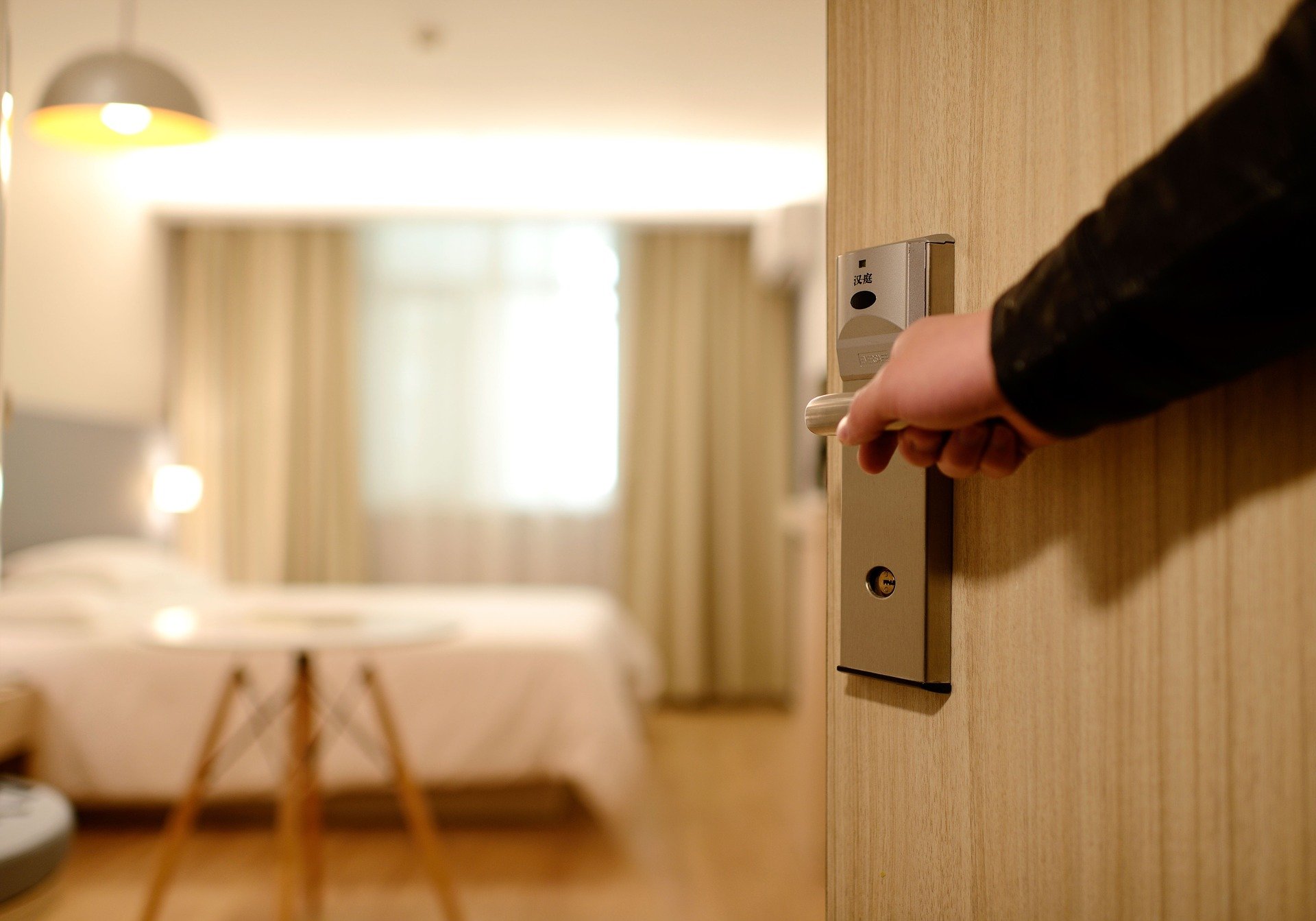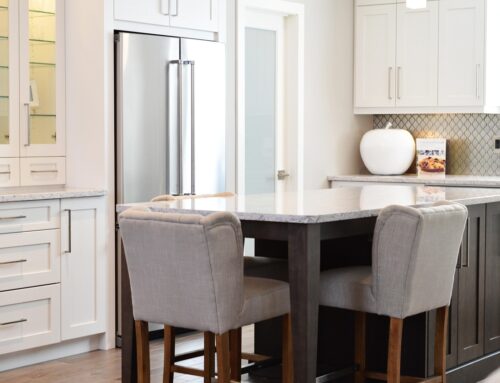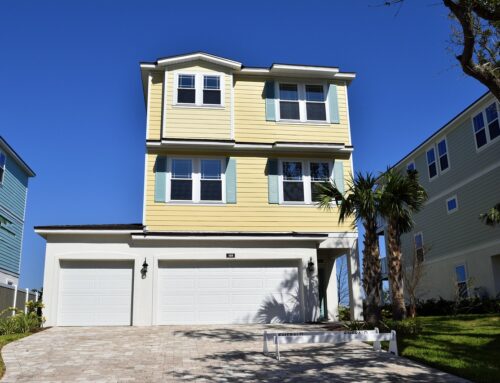The Sarasota area is big for tourism, and many homeowners find that renting out their home – or a portion of their home – is a good way to make some extra income. Companies such as Airbnb have taken hold as a popular short term rentals alternative to hotels or more traditional overnight stays. However, anyone considering this income option should also be aware of the insurance implications. While accidents are rare and most homes are safe, the unexpected is always a possibility.
If you slip and fall in your own home, your health insurance will likely cover the costs. However, if the same injury happens to one of your renters or guests, who is liable? If the individual files a lawsuit against you, there will be court costs and more. Who will pay?
Some short-term hosting platforms (such as Airbnb) provide liability insurance to their hosts. Their program provides primary liability coverage for up to $1 million per occurrence in the event of third party claims of bodily injury or property damage. HomeAway also provides protection to its users. However, many other platforms do not. The main question is, does homeowner’s insurance provide protection in these cases?
Homeowners’ Insurance
If you own your residence, you are typically required to have a homeowners’ insurance policy. Homeowners’ insurance provides coverage for damage or loss of your home and possessions. Liability insurance will provide coverage in the event of an accident on your property. Therefore, if a guest incurs an injury in your property – and you have the correct insurance – your homeowners’ insurance company will be required to pay for your court costs, as well as damages or settlement agreements up to your policy limits. Without insurance, you’ll have to pay these costs on your own.
However, many insurance policies will not cover injuries if you are running a business out of your home. Therefore if you are renting to short term guests, your insurance company may claim you have a bed and breakfast or “hotel”, nullifying their obligation to pay for any damages. Be sure to read your policy carefully – and call your insurance provider – if you plan on renting your home. Make clear how often you plan to rent out your home, whether you’ll be on premise while the renter is there, and how many people will be staying. Send a follow-up email outlining your insurer’s answer, and ask for confirmation so that you have everything in writing. Because laws and policies vary, you’ll want to be clear on what your policy covers, and add coverage if necessary.
Note: Homeowner’s policies will cover you if you rent the property once per year, although they may require notice of such rentals or require you to purchase an additional rider or endorsement.
Conventional landlord insurance policies usually don’t cover short term rentals. You may be required to obtain a hotel or a bed-and-breakfast insurance policy. This is commercial insurance coverage and can be quite costly. to meet the need, some specialty insurers are offering coverage for short-term hosts.
If you are looking to rent your home for extra income and have questions regarding the need to purchase more insurance, call Anderson & Associates Insurance Group. Our insurance experts can help you to find the right coverage for your specific situation – tap into our expertise and protect yourself in your new venture.










